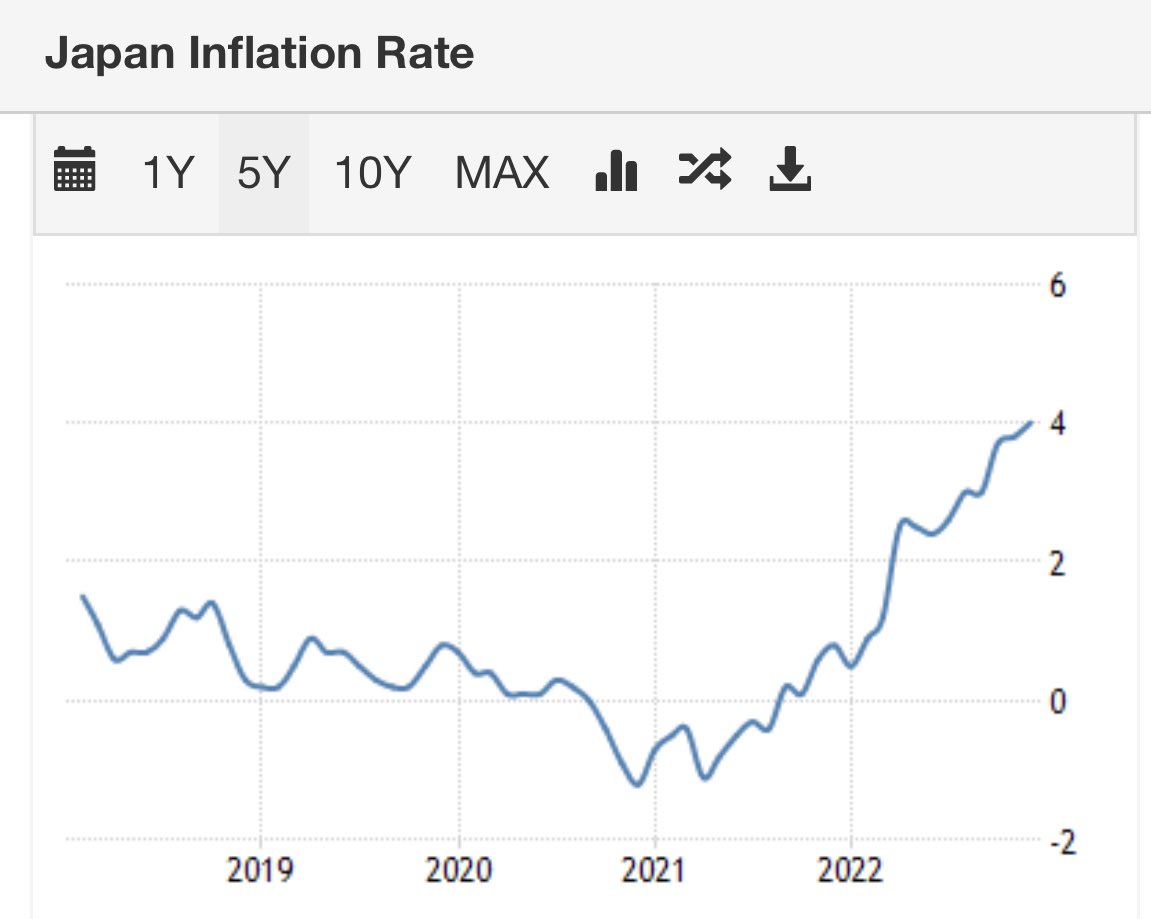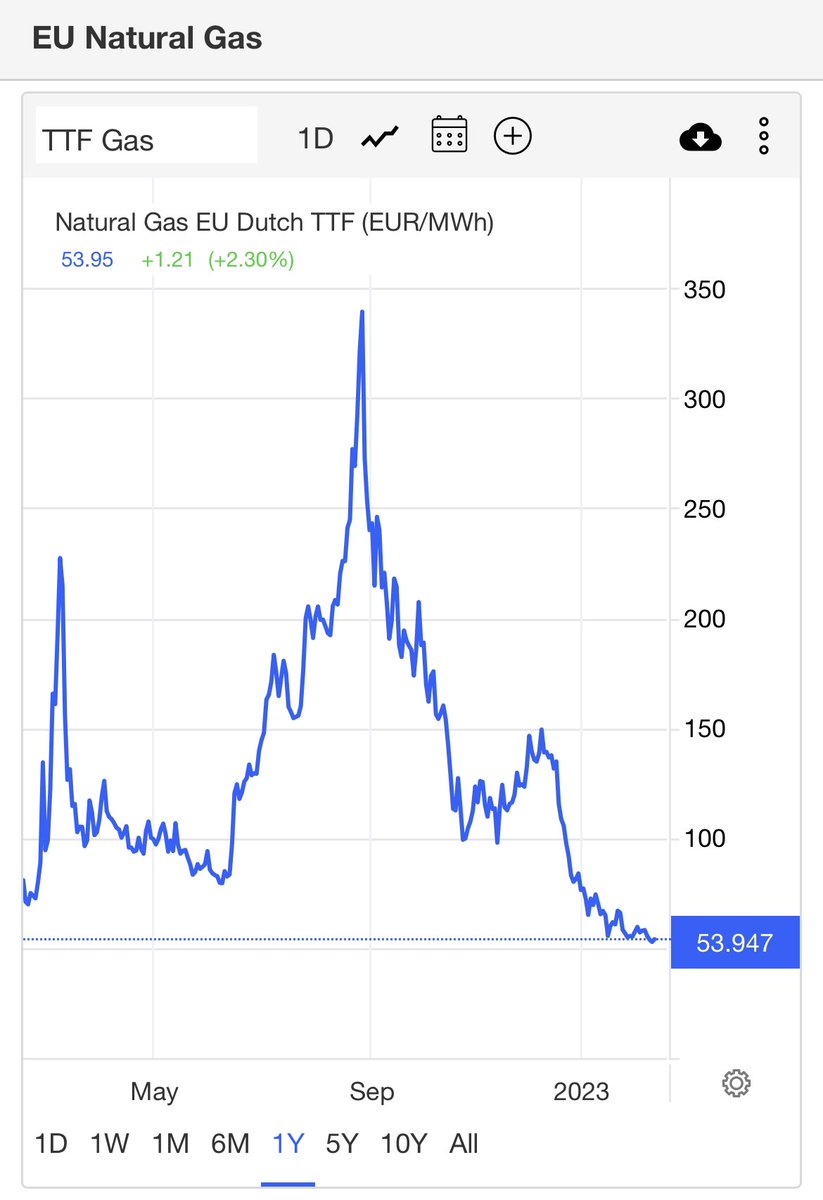
1/ Japanese inflation goes from strength to strength. It rises as other rates come down. Why? 🇯🇵#japan #inflation #boj 

2/ Possibly because more of the inflation is core inflation while other developed countries have a large cyclical component. 

3/ The inflation is driving the previously placid Japanese worker to demand more pay - this is a first for maybe two generations of workers. 

4/ Japanese demographic problems rely on wage suppression to ensure lack of workers doesn’t lead to spiralling wages and inflation. It looks like that ceiling may have been broken.
• • •
Missing some Tweet in this thread? You can try to
force a refresh





















